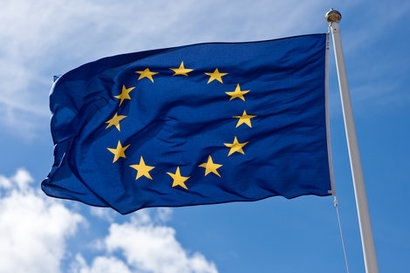
“To make decarbonisation a reality, voting down the eligibility of fossil fuels, including gas, is key” is the message sent today by businesses, local authorities and NGOs to the members of the European Parliament as they prepare to decide this week if they will turn back the clock by allowing funding for fossil fuels in Europe’s regions from 2021 to 2027, or if they will choose a path of sustainable development for Europe’s regions, bringing them new jobs, competitiveness and modernisation.
Cohesion Policy funding aims to reduce territorial disparities across EU’s regions, particularly in central and eastern Europe. Currently for the period 2014-2020, the funding provides for 930 million euros of EU citizens’ tax money for natural-gas infrastructure, in particular gas pipelines and storage, hindering the transition to zero-emission economies, and locking regions into fossil fuel dependency.
The European Commission had proposed in May last year to exclude fossil fuel support from EU’s Cohesion Policy funding. However, this exclusion has been watered down by MEPs of the regional development committee who revived funding possibilities for fossil fuels, in particular gas for the transport and heating sector, and for coal in district heating.
The signatories of the letter are concerned that allowing gas and other fossil fuel investments would lock-in climate-harmful infrastructure in European regions despite the urgency to act on climate change, and would cut European economies out of the new jobs, enhanced competitiveness and modernisation arising from the clean energy transition. Further investments into fossil fuel infrastructure will undermine the EU’s ambition to become carbon neutral by mid-century.
“For many MEPs it’s the last vote of their political career” said Markus Trilling, Finance and Subsidies Policy Coordinator at Climate Action Network (CAN) Europe. “They must not leave a fossil fuel legacy. The choice is clear: Ignoring the climate crisis by allowing spending on fossil fuels for the next decade to come, or acknowledging climate science by boosting support for the just and clean energy transition in European regions. Fossil fuel subsidies have no place in an EU budget fit for the needs of future generations.”
Irene di Padua, Policy Officer at Solar Heat Europe, added that the European local dimension is key for a further deployment of renewable energy solutions and that ERDF and Cohesion fund can be the engine to promote local investment and achieve a just energy transition for all.
“The Europe has a moral obligation to ensure tax payers’ money is not wasted in possible stranded assets and must stop subsidising fossil fuels lock-in” Ms di Padua said.
For additional information:

